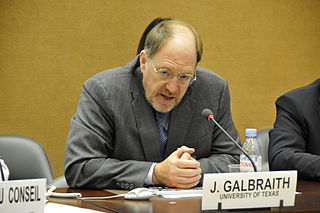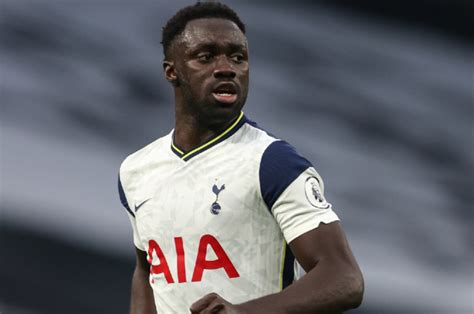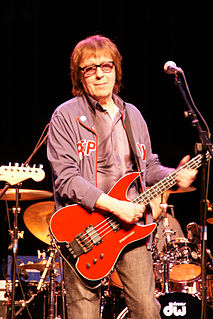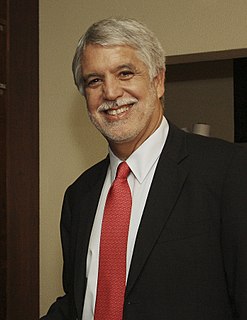A Quote by Noam Chomsky
For example, when my father was able to buy a secondhand car in the late 1930s, and he took us to the countryside for a weekend, if we looked for a motel to stay in we had to see if it said "restricted" on it. "Restricted" meant no Jews.
Related Quotes
When my father finally got around to teaching me to drive, he was impressed at my "natural" talent for driving, not knowing that I had already been secretly driving my mother's car around the neighborhood. When I took the test and got my license and my father gave me my own set of keys to the car one night at dinner, it was a major rite of passage for him and my mother. Their perception of me had changed and was formally acknowledged. For me the occasion meant a private sanction to do in public what I had already been doing in secret.
I looked across the river to Manhattan. It was a great view. When Sadie and I had first arrived at Brooklyn House, Amos had told us that magicians tried to stay out of Manhattan. He said Manhattan had other problems--whatever that meant. And sometimes when I looked across the water, I could swear I was seeing things. Sadie laughed about it, but once I thought I saw a flying horse. Probably just the mansion's magic barriers causing optical illusions, but still, it was weird.
I can't resist telling you that when the Vienna Economics Institute celebrated its centennial, many years ago, they invited, as their keynote speaker, my father [John Kenneth Galbraith]. The leading economists of the Austrian school- including von Hayek and von Haberler - returned for the occasion. And so my father took a moment to reflect on the economic triumphs of the Austrian Republic since the war, which, he said, "would not have been possible without the contribution of these men." They nodded - briefly - until it dawned on them what he meant. They'd all left the country in the 1930s.
I had a fairly enlightened dad, though if you looked at his resume, it might not seem that way. He was a chartered accountant for Price Waterhouse. He was strict, and we had a very ordered life. To this day, I am the least materialistic person I know, because my father didn't raise me to just go out and buy this or that car.
We had to build a city not for businesses or automobiles, but for children and thus for people. Instead of building highways, we restricted car use. We invested in high-quality sidewalks, pedestrian streets, parks, bicycle paths, libraries; we got rid of thousands of cluttering commercial signs and planted trees. All our everyday efforts have one objective: Happiness.



































